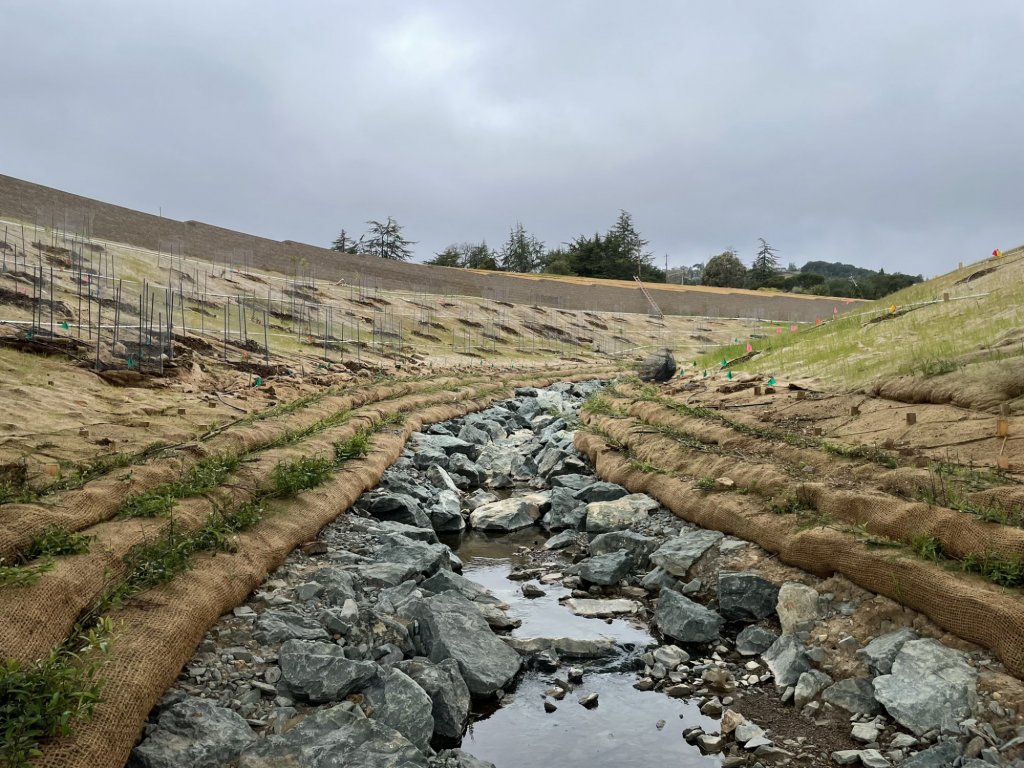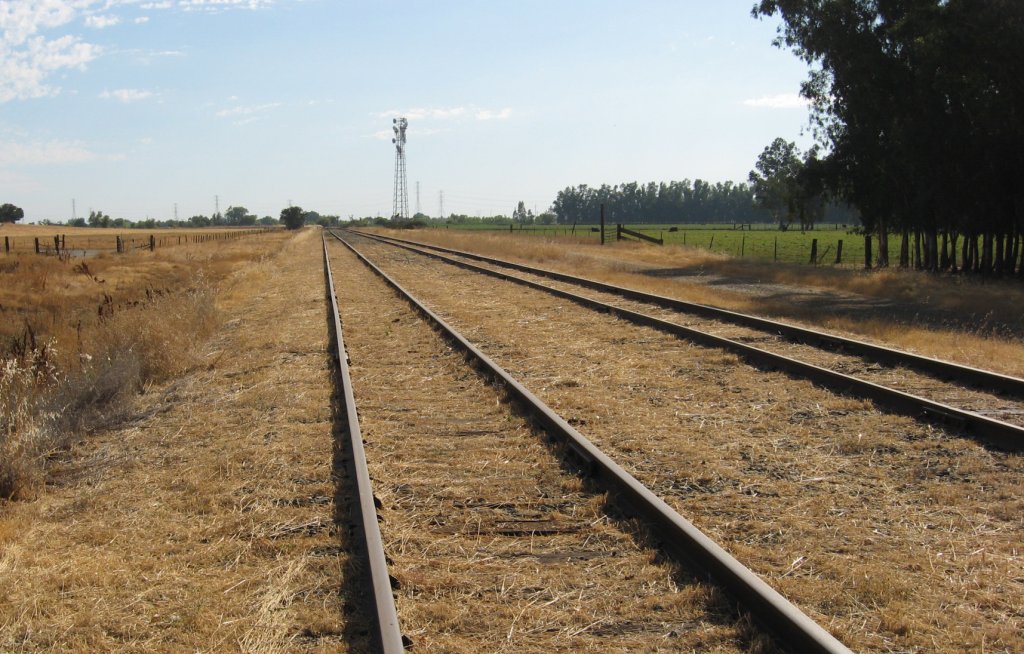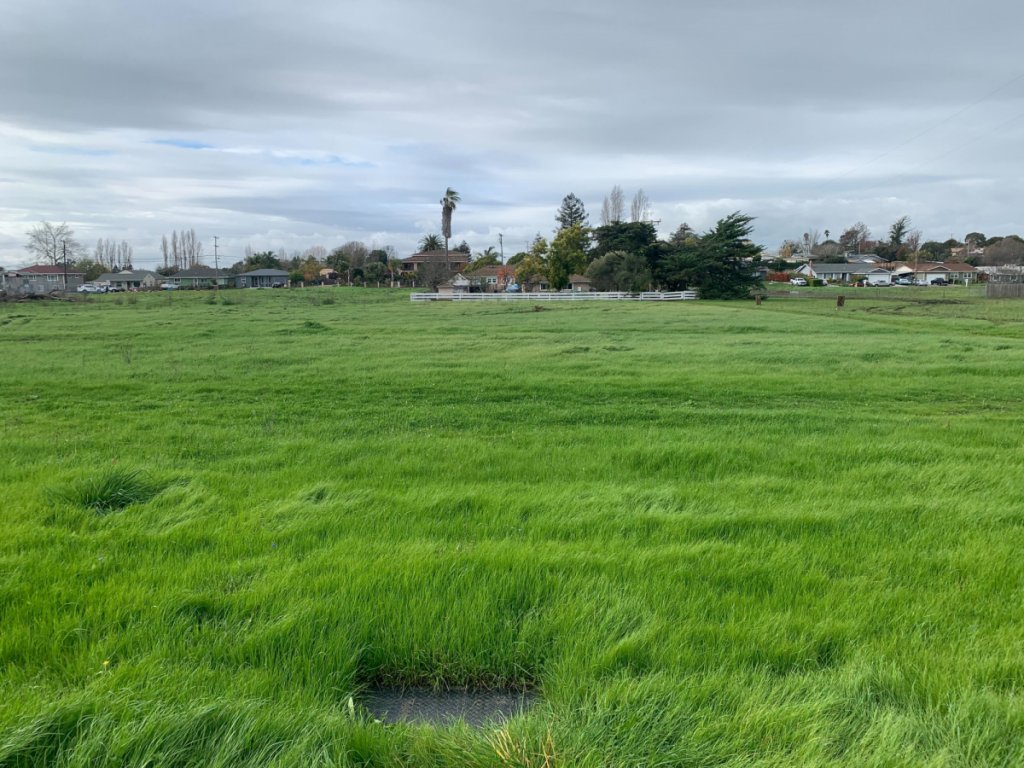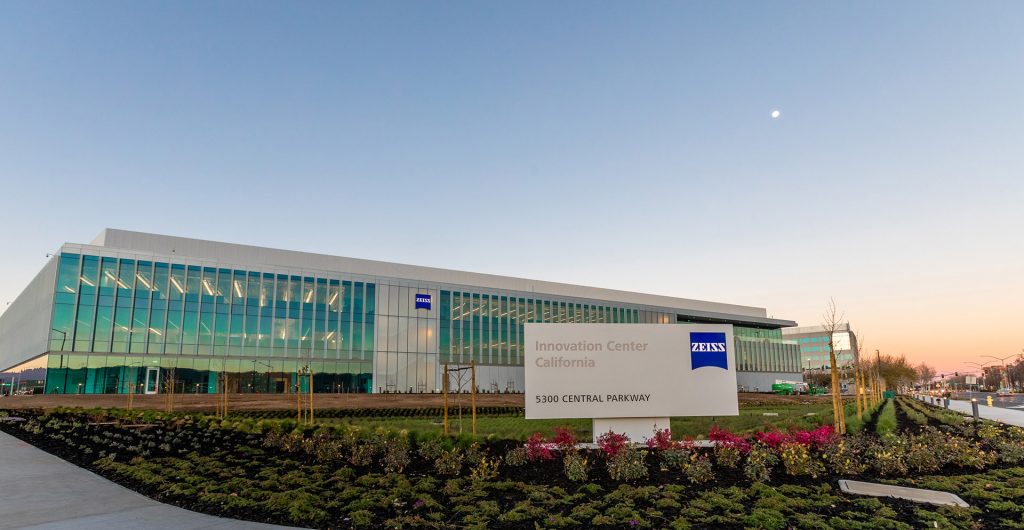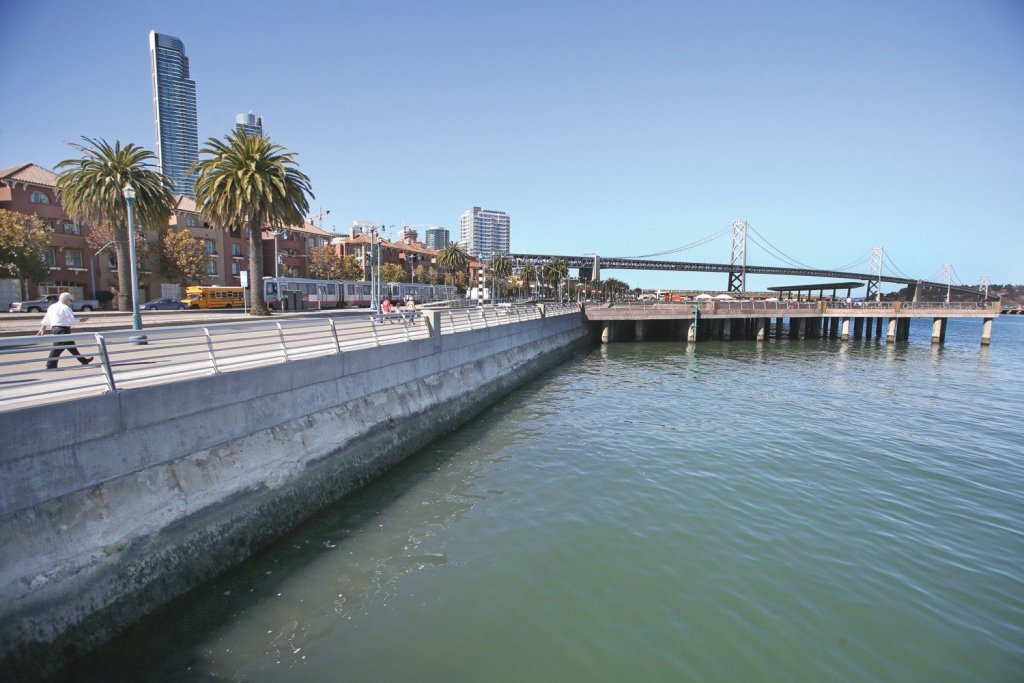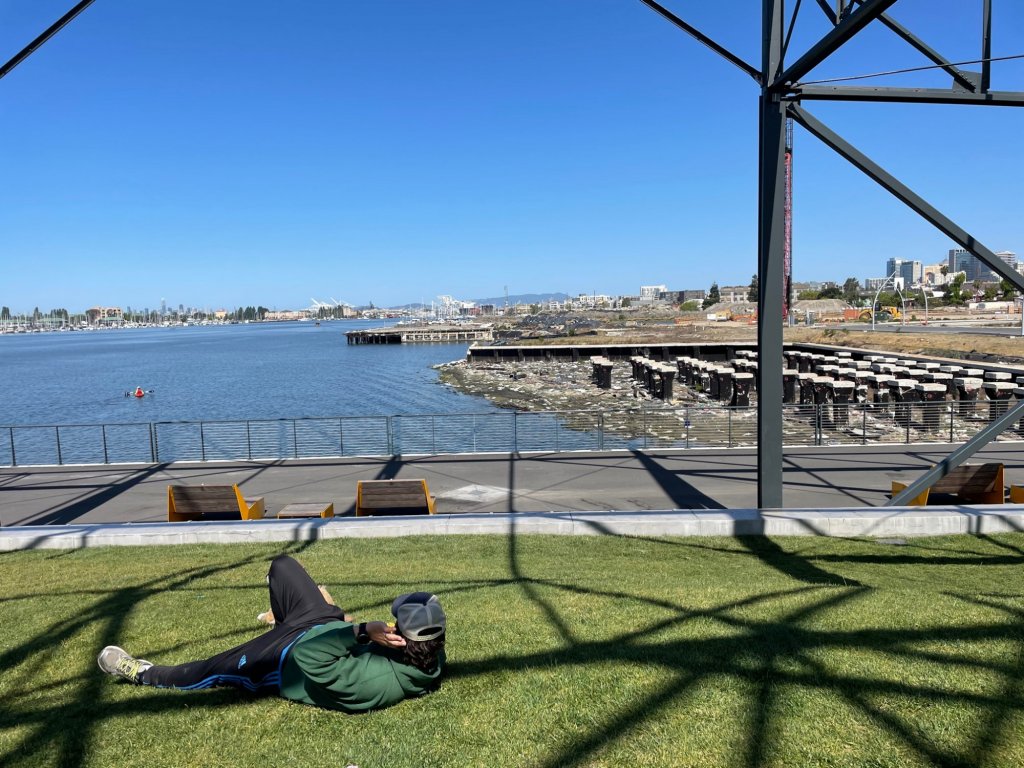We support development that provides for the creation of spaces to live, work, and play while responsibly integrating with natural environments.

Development
Community development projects can be complex and often entail impacts to the environment. Having the right team in place early can support a streamlined process from planning through entitlement and construction to maximize your investments by avoiding costly delays.
WRA has extensive experience working on a wide range of projects from the initial planning and permitting to post-construction monitoring of mitigation areas, including:
- Mixed-use redevelopment including shoreline and Bay margin
- Residential and affordable housing
- Technology, research, and innovation campuses
- Academic facilities and campuses
Many of our projects focus not only on the built environment, but provide multiple benefits for the communities they serve including incorporation of community spaces and public access areas, infrastructure improvements, community resilience to climate change, and restoration and enhancement of natural habitats.
In the planning phase, we identify opportunities and constraints to give our clients transparency into their investment future.
When engaged during a project’s planning stage, WRA can help clients identify and address issues to expedite the environmental approval process later on. Our strategic support to clients routinely results in significant reductions in project costs through schedule benefits, avoidance of impacts, and partnerships with project stakeholders.
If development is not an option, we can also determine the mitigation/conservation value of your land, which for some properties may be more lucrative than traditional development. We can also plan early for future community resiliency elements including flood and sea-level rise analyses.
In the design and approvals phase, analysis of environmental impacts and permitting become pressing issues.
WRA understands that a key piece in navigating the regulatory puzzle is determining a project’s permit requirements and regulatory influences to successful project outcomes. WRA’s permitting specialists have positive relationships with staff at agencies at the federal, state, and local levels, which allows us to work directly for the benefit of our clients. Our permitting specialists also have a keen understanding of the type of information each agency expects to see for a given project, allowing us to prepare application materials tailored to a given project and agency.
Our CEQA experts frequently incorporate feasible design features and best management practices into the project description to “self-mitigate” project impacts, which can often reduce the amount of environmental review required.
Depending on your permit and/or mitigation requirements, you may need a biologist present at your construction site. Our experienced biologists conduct pre-construction surveys and environmental compliance monitors provide training and oversight to construction crews and coordinate with the agencies to ensure regulatory compliance and a smooth process for all parties involved.
Shoreline redevelopment and reimagination of degraded spaces represents the balance between growing economic vitality and the protection of our natural environment.
WRA has a long history in shoreline development, park lands, and infrastructure projects along sensitive habitats including San Francisco Bay and many other rivers, lakes, and coastal habitats. Our portfolio includes mixed-use spaces that incorporate commercial and residential with public access where communities can enjoy healthy activities and access to nature. Shoreline projects nearly always plan and design for anticipated sea-level rise amongst other resiliency factors.
Affordable housing creates sustainable and equitable communities that can thrive.
Our CEQA team has processed categorical exemptions for projects on infill sites and is current on other recent state legislation designed to spur housing production. We are familiar with recent legislative tools that can be used to streamline the CEQA process for affordable housing projects and infill sites. New California state law also gives municipalities the opportunity to “upzone” properties zoned for single-family residential use. We can help identify the most efficient, yet legally defensible approach to CEQA compliance for city housing projects.
Even when things get messy, we have the tenacity to push through. We offer niche services with an integrated team of experts to tackle even the most challenging environmental issues.
Get An Expert Opinion
We’re here to lend our expertise and help you achieve your goals.
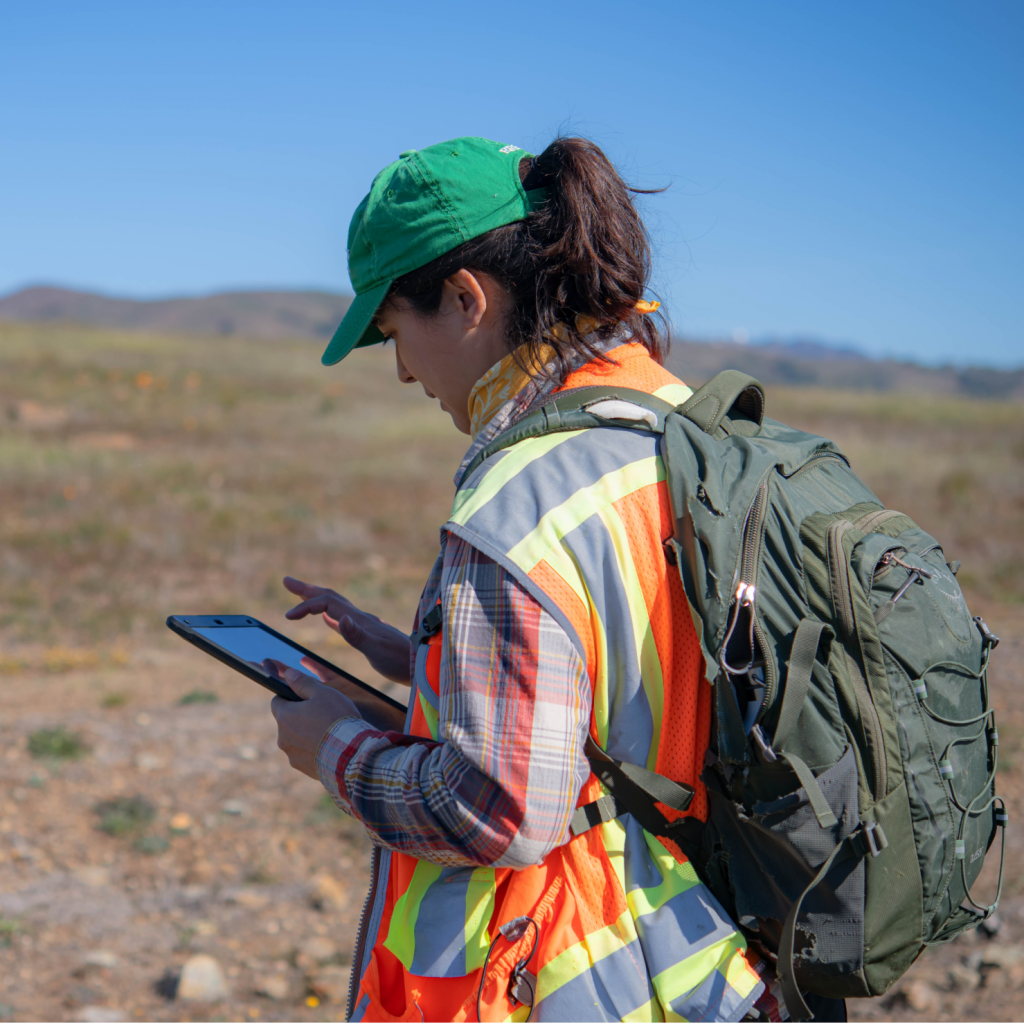


Want to Learn More?
Download our brochure to learn more about our work, our impact, and what makes WRA a great place to work.




